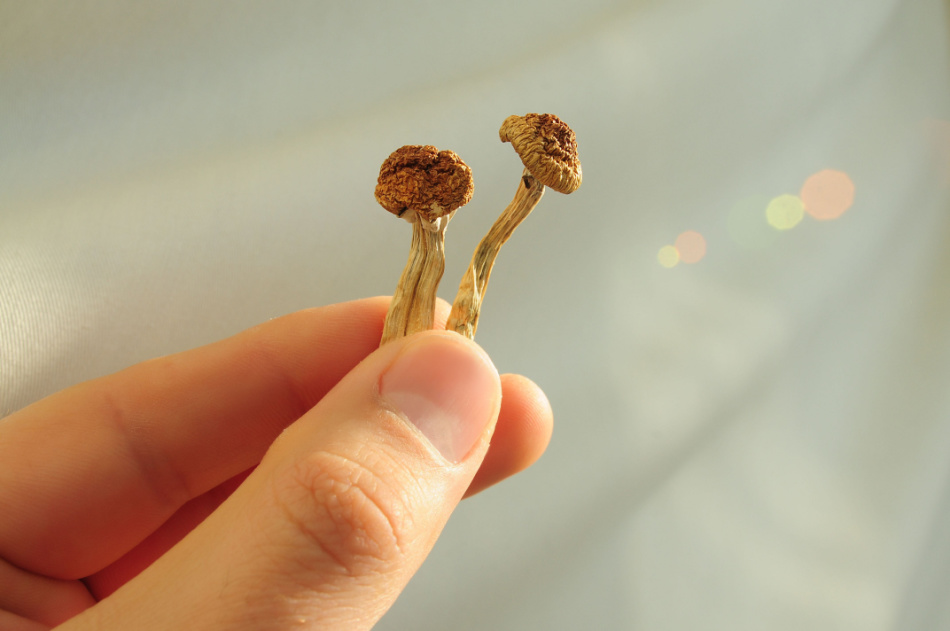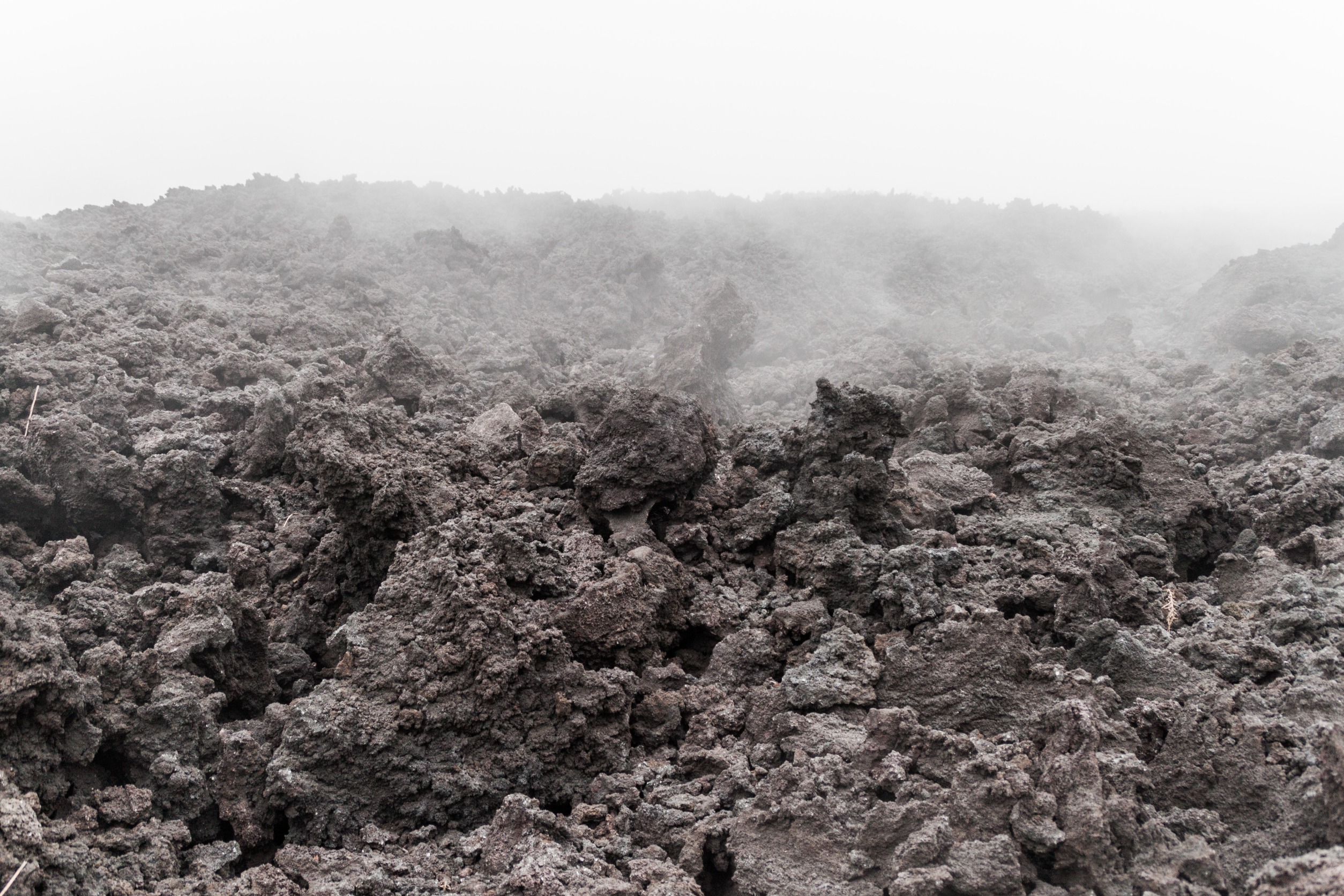Australia’s Therapeutic Goods Administration surprised researchers by approving the psychedelic chemicals found in magic mushrooms and MDMA for use by patients with specific mental health issues, making Australia the first country to recognize psychedelics as medicines.
MDMA and psilocybin
MDMA and psilocybin, the active ingredient in magic mushrooms, will be classified as schedule 8 drugs, which means they will be available for controlled use when prescribed by a psychiatrist, beginning in July this year, after the TGA acknowledged that patients with specific treatment-resistant mental illnesses had few other options.
The modifications will allow MDMA and psilocybin to treat post-traumatic stress disorder and treatment-resistant depression, respectively. For all other purposes, they will remain illegal substances – or category 9 narcotics.
“Prescribing will be limited to psychiatrists, given their specialized qualifications and expertise to diagnose and treat patients with serious mental health conditions,” a TGA statement published on Friday said. Psychiatrists must also be approved by the TGA’s authorized prescriber system first.
However, because the TGA has not yet examined any approved goods containing psilocybin or MDMA, psychiatrists will be forced to access and legally supply unapproved medicines for the specified authorized applications.
A surprising move for Australia
According to Stephen Bright, the director of the nonprofit Psychedelic Research in Science and Medicine, the decision made Australia the first country to recognize psychedelics as medicines; a surprising move in the industry. “It was unexpected given that Australia is such a conservative country,” he said.
Associate Professor David Caldicott, an emergency department doctor who spoke before the Royal Commission into Defence and Veteran Suicide to urge the use of medications for returned soldiers suffering from psychological stress, expressed his delight with Friday’s decision.
According to Caldicott, opposition to the use of MDMA in therapies has long been a political rather than a scientific issue.
A promising alternative for treatment-resistant mental health conditions
MDMA was produced in the early twentieth century by a pharmaceutical business and was used by certain psychiatrists in the late 1970s and early 1980s. However, as it began to be taken recreationally, the substance was prohibited in the United States in 1985.
“[It’s] terribly sad because the evidence suggests that there’s potentially quite a lot of use in using it,” Caldicott remarked.
“The conditions for which these drugs might be used [post-traumatic stress disorder and treatment-resistant depression] are currently conditions for which you’re basically destined to a lifetime of drug use,” he added, “Whereas the MDMA particularly is used to facilitate psychotherapy, only for a few doses.”
The TGA stated in its judgment that it evaluated thousands of written public submissions before making its decision and that the benefits to patients exceeded the dangers.
“The number of such submissions is a reasonable indicator of the scope and gravity of the issues for individual and public health,” it said. “The submissions confirm the need for greater access to alternative treatments for patients with persistent mental health conditions where currently available treatments have not been effective.”
When there was emerging evidence of the substances’ use, the judgment stated that registered psychiatrists had the skills and expertise to diagnose and treat disorders.
It cited research on single-dose psilocybin use published in the New England Journal of Medicine last November, which the TGA said strengthened “an already promising body of evidence” for psilocybin’s usefulness in treatment-resistant depression.












